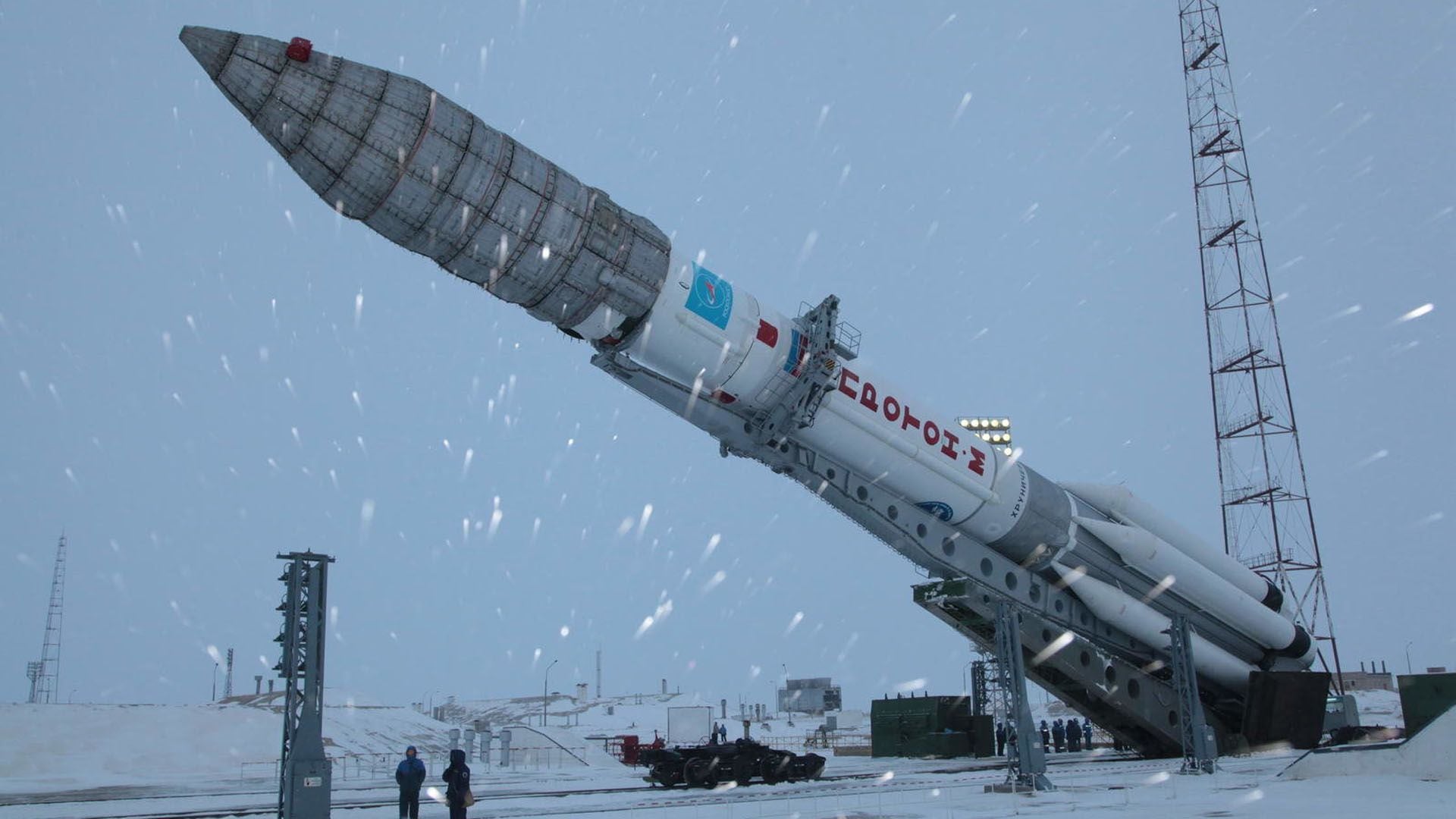
Russia will only use nuclear weapons in Ukraine if it faces an “existential threat,” Kremlin spokesman Dmitry Peskov told CNN International on Tuesday.
“We have a doctrine of internal security, and it is public, you can read in it all the reasons for the use of nuclear weapons,” he said. “If it is an existential threat to our country, then it can be used according to our doctrine,” Peskov declared.
CNN International journalist Christiane Amanpour asked the Kremlin spokesman if he was “convinced” that Russian President Vladimir Putin, a person close to him, would not use nuclear weapons in Ukraine.
The possibility of unleashing a nuclear conflict resulting in World War III is one of the most recurrent arguments of the US Government for refusing direct participation in the war in Ukraine.
Russia and the United States are the two countries with the largest nuclear arsenal, although seven other countries also have nuclear weapons: China, France, the United Kingdom, India, Pakistan, Israel and North Korea.
In his CNN interview, Peskov also acknowledged that Russian President Vladimir Putin “has not yet achieved” any of his military objectives in Ukraine, although he assured that the military operation in the Slavic country is taking place “in strict compliance with the plans and purposes set out in advance.”

The Russian army has encountered fierce resistance, which it had not anticipated, from Ukrainian forces since it invaded the country on 24 February.
According to the Pentagon, the Ukrainian army, which maintains control of major urban centers, is even recently in a position to carry out counteroffensives that have allowed it to regain ground, especially in the south. Military experts believe that the Russian army suffers from logistical and communication problems.
On March 14, the Secretary-General of the United Nations, Antonio Guterres, sounded the alarm about Russia's increased alert level for its nuclear forces after invading Ukraine, and described it as a “chilling development”.
“The prospect of a previously unthinkable nuclear conflict is now back within the realm of possibility,” Guterres told reporters, repeating his call for an immediate cessation of hostilities.
Russian President Vladimir Putin said late last month that his country's nuclear forces should be on high alert, raising fears that Russia's invasion of Ukraine could lead to nuclear war. US officials have said they have so far seen no reason to change Washington's nuclear alert levels.
Guterres has also called for the preservation of the safety of nuclear facilities after a fire at the Zaporizhzhia nuclear power plant in Ukraine, the largest of its kind in Europe, which broke out during the takeover of the plant by Russian forces.
“It's time to stop the horror unleashed upon the people of Ukraine and set out on the path of diplomacy and peace,” Guterres said.
With information from AFP and EFE
Keep reading:
Últimas Noticias
Debanhi Escobar: they secured the motel where she was found lifeless in a cistern

The oldest person in the world died at the age of 119

Macabre find in CDMX: they left a body bagged and tied in a taxi
The eagles of America will face Manchester City in a duel of legends. Here are the details

Why is it good to bring dogs out to know the world when they are puppies



